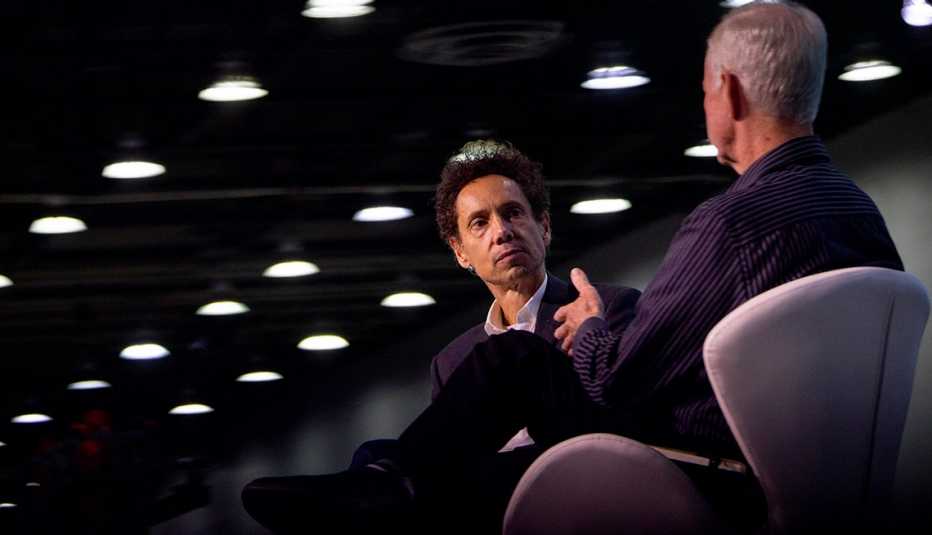AARP Hearing Center


Journalist and best-selling author Malcolm Gladwell, 60, is known for his unique perspectives on social phenomena and popular culture, and Season 9 of his popular Revisionist History podcast, which explores “the overlooked and the misunderstood,” launches in February. He shares the novel he loves to read again and again, plus his latest book project, upcoming podcast topics and who he would love to interview.
This interview has been edited for length and clarity.
What did you do to celebrate turning 60 last year?
I don’t believe in celebrating my birthday. I don’t allow anyone to ever throw me a birthday party. I actually left the country so I could avoid having a birthday party, [among] other reasons. I haven’t had a birthday party since I was 5. I turned to my mom and said, “That’s it!” [and I haven’t had one since].
Why the aversion to celebrating birthdays?
I just decided that it seemed like an unearned privilege. So what, you’re born on this day? I didn’t get it. Back then [when I turned 5, I thought], so I’m supposed to invite a bunch of random people to my house just because I’d been born? That day I did. The logic of it eluded me at the age of 5, and it still does.
You were a competitive runner as a teen. Do you still love to run?
I run five days a week. I run more than ever. Yesterday I was in the gym, but the day before that I did nine miles, and the day before that I did eight miles.
Any advice for people who hate to run?
If you don’t enjoy it, slow down. The line between walking and running is a very blurry one. You can just walk a little faster and you’re effectively running. And I always find that when I’m running, I don’t particularly like the first 10 minutes. You have to get over a hump, and then the last 20 minutes of a run is bliss. It just takes a little while to get into it, and then I find it extraordinarily rewarding.
Your last book, The Bomber Mafia, was released in 2021. Are you working on something new?
I am finished putting the finishing touches on the first draft of a sequel to my first book, The Tipping Point. I’m kind of returning to the question of how ideas and behaviors move through society. That’s what I’ve been working on. It could well be called Tipping Point 2.0 if I run out of imagination, but I haven’t figured that out yet. It should come out at the end of 2024.



































































More Celebrity Q&As
Members Only Access Celebrity Interviews
Read exclusive Q&As with the biggest names in movies, music and television, best-selling authors and other high-profile personalitiesCarrie Ann Inaba
‘Dancing With the Stars’ judge talks role models, who she'd like to see on the show, healthy living and why she looks forward to getting olderPeter Bergman
Returning for his 35th year as Jack Abbott, ‘The Young and the Restless’ star shares Emmy memories, the skinny on his wardrobe, a favorite on-screen kissMandy Patinkin
Actor talks new show ‘Death and Other Details,’ road trips, time with his grandson and life advice; says ‘I love being alive, I love my family and I love the world’Recommended for You